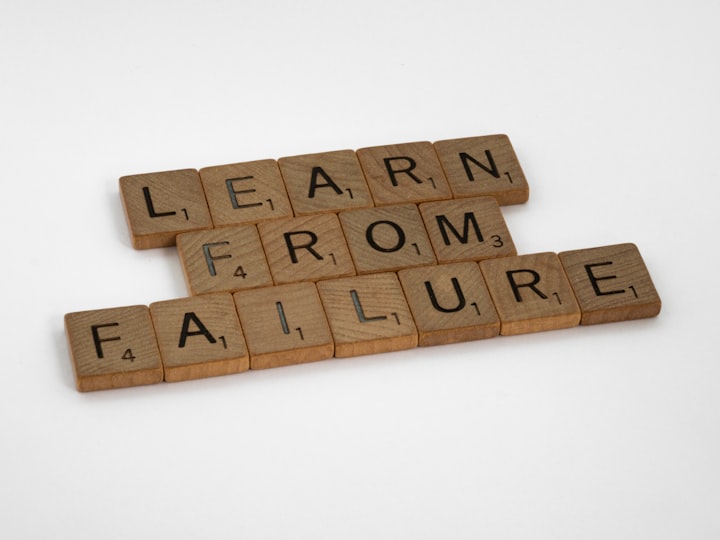The Power of Learning
Turning Failure into Mastery

In a fascinating 2019 study, over 400 participants embarked on a journey to learn a mysterious, invented language. What made this experiment truly captivating was the unique twist it held. The participants were presented with three pairs of runes, each concealing a hidden meaning. For instance, they were asked to decipher which of two characters represented an animal. After a brief break, they were posed with the same rune pairs, but this time the questions were reversed: Which of these two runes represents a non-living object? Little did they know that their responses in round one would determine the runes' meanings in round two.
During the initial round, participants were divided into two groups. One group had all their answers marked as correct, regardless of accuracy. In contrast, the other group was compelled to fail every question. This intriguing setup ensured that, at the break, every participant possessed an equal amount of information. In round two, however, it was time to play for real. Remarkably, despite this level playing field, the participants who had succeeded in the first round continued to outshine the others who were initially cast as failures. This captivating study unveiled the intricate nature of learning from failure and the power of resilience.
Failure is often characterized as a teachable moment, a necessary stumble on our path to improvement. Yet, the process of learning from our mistakes is not always straightforward, especially when those failures prove to be demoralizing, overwhelming, or perplexing. So, what exactly hinders our ability to transform setbacks into mastery?
One of the most apparent obstacles in learning from failure is the pain it can inflict. People generally wish to perceive themselves as capable and competent, and experiencing failure can be a direct threat to this self-image. In a survey conducted after a replication of the rune study, participants in the failure group indicated significantly lower levels of self-confidence. The pain of failure can indeed be intense, leading to self-doubt and a sense of inadequacy. Some studies have even suggested that when people feel demoralized or incompetent, their brains may struggle to process new information. This implies that a substantial threat to one's self-esteem can undermine their ability to learn.
However, the extent to which you can tolerate failure also depends on your relationship with the task at hand. A 2011 study involving American students enrolled in French courses explored this phenomenon. The research revealed that beginner students generally preferred positive reinforcement, while advanced students were more eager to receive critical feedback. Experts have theorized several reasons behind these findings. Beginners are still in the early stages of determining whether they enjoy learning the language and whether they wish to continue. Therefore, they might seek praise as a means of motivation. In contrast, advanced students have already invested in their learning journey and are keen on improving their skills as efficiently as possible. Expertise is often accompanied by a fair share of failure, so these students may have developed a higher tolerance for making mistakes.
Whether you are an expert or a novice, it is often much simpler to learn from your successes than from your failures. For instance, consider receiving your exam grades. If you aced the test, you can reasonably deduce that you made effective choices regarding when, what, and how much to study, allowing you to replicate those decisions for future tests. However, if you faced failure, the reasons behind it may remain ambiguous. It might be due to inadequate preparation, studying the wrong information, or, in some cases, an unfair test. This lack of clarity regarding what went wrong can make it challenging to learn how to improve.
While the natural inclination is to focus on learning from our failures and setbacks, it's important not to forget our successes. Building on what we do right can often be more effective than fixating on our shortcomings. Cultivating resilience and a growth mindset is a powerful way to harness the lessons of failure while celebrating our achievements along the way. In the intricate dance of learning and growth, success and failure are partners, both offering valuable insights into our journey toward mastery.
About the Creator
Safwa Elouizi
Adventurer of words and explorer of ideas. I journey through the realms of creativity and limitless imagination, bringing you tales from the unconventional, knowledge from the extraordinary, and insights into the fascinating.





Comments
There are no comments for this story
Be the first to respond and start the conversation.